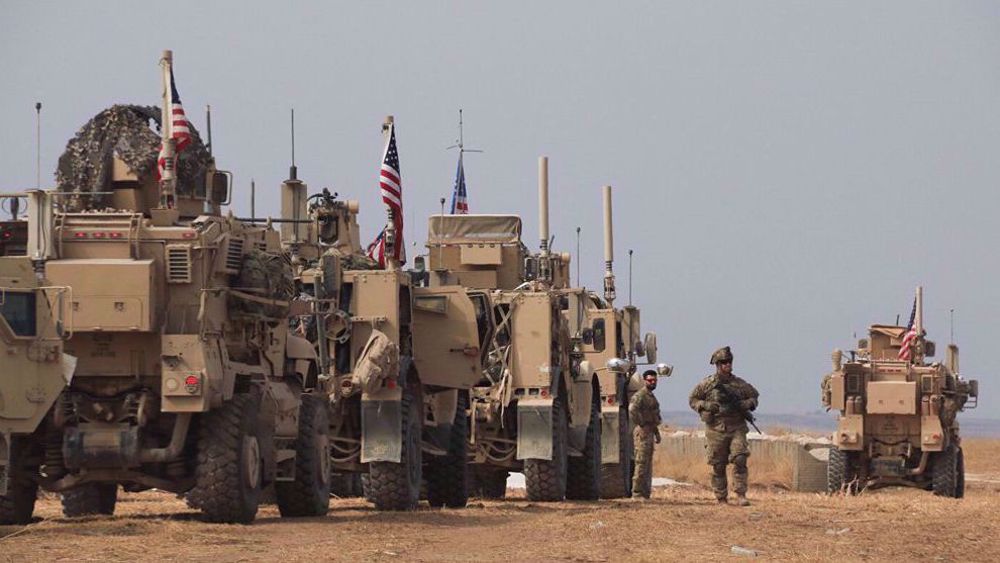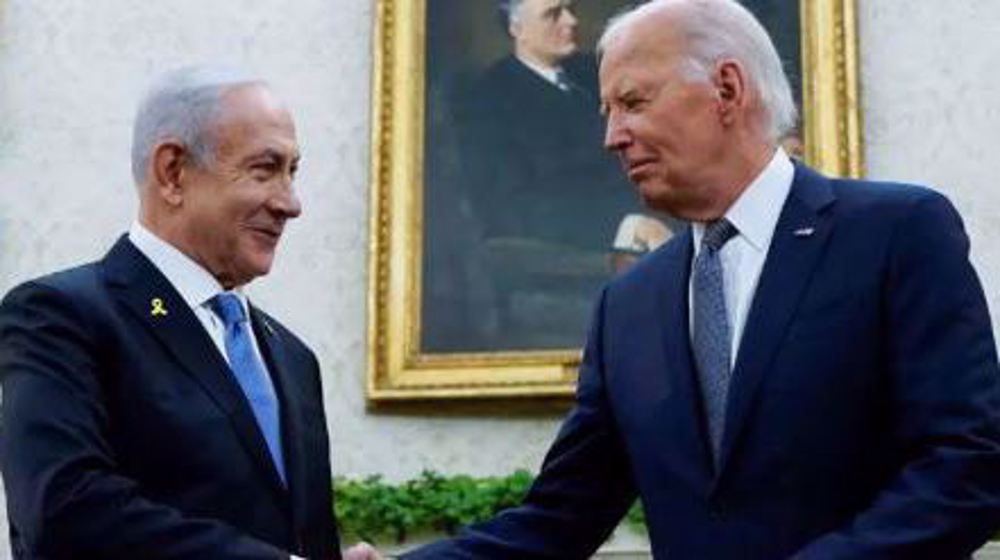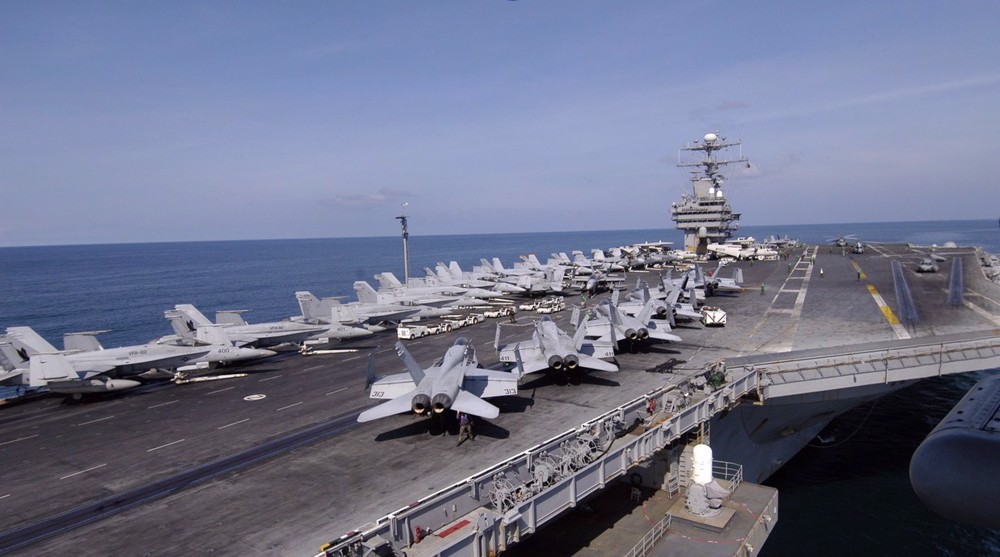‘Unsafe’ encounter between US spy plane, Chinese jet
A Chinese interceptor jet nearly collided with an American spy plane over the Yellow Sea.
The jet conducted a pass near the American RC-135 while it was busy gathering electronic intelligence near the disputed Senkaku Islands on September 15, the Washington Free Beacon reported.
The report was later confirmed by Pentagon Press Secretary Peter Cook.
“I can confirm for you that the department’s reviewing a report that came in from [US Pacific Command] regarding a Sept. 15 intercept of a USRC-135 by an aircraft from the People’s Republic of China,” Cook told reporters.
According to him, the plane was flying some 80 miles (nearly 130 kilometers) east of the Shandong Peninsula, when the Chinese aircraft flew in front of it to conduct an intercept “perceived as unsafe by the RC-135 air crew.”
He added that the incident was not similar to near-collision that occurred in August 2014.
“My understanding is, and I don’t have all the details, but the pilot believed that the plane passed in an unsafe fashion in front of the plane,” Cook said. “The pilot reported that he felt like the plane, the aircraft, passed in front of his nose in an unsafe fashion.”
The report, which came before an upcoming visit by Chinese President Xi Jinping to the United States, drew reactions from some republican lawmakers, who took the chance to attack the administration of US President Barack Obama.
“Yet another dangerous Chinese intercept of a U.S. aircraft last week shows that China feels emboldened to continue its pattern of aggressive behavior in the Asia-Pacific region,” said the US Congress Senate Armed Services Committee Chairman Sen. John McCain (R., Ariz.). “That this flight came amid negotiations of rules for air-to-air encounters and just one week ahead of President Xi’s arrival in the United States raises further questions about China’s intentions and the Obama administration’s response thus far.”
Mike Pompeo, another Republican who is a member of the House Permanent Select Committee on Intelligence, also criticized the administration over the matter.
“The persistent expansion of Chinese influence—whether the attacks on our networks or our peaceful exercise of our rights to fly in international airspace—have been met with a consistent, ‘Hey, don’t do that again please,’” Pompeo said. “This will not stop Chinese aggression. The US response must be quick, sure and forceful.”
House Rep. J. Randy Forbes (R., Va.), chairman of the House Armed Services Subcommittee on Sea Power, also accused China of being “a destabilizing force.”
“Even on the eve of their president’s visit to Washington, China is again behaving as a destabilizing force in the international system,” Forbes said. “Despite the 2014 memorandum of understanding affirming China’s commitment to ensure the safety of military aircraft in the event of an unplanned encounter, Beijing continues to harass U.S. aircraft conducting lawful missions far from Chinese territory.”
VIDEO | COP29: another climate failure?
ICC issues arrest warrants for Netanyahu, Gallant for war crimes
Israeli strikes kill 88 Palestinians in northern Gaza
American voters plainly rejected complicity in Gaza genocide: Iran FM spox
ICC should issue more arrest warrants for Israeli authorities over Gaza genocide: UN expert
Israel using AI weapons co-produced by India in Gaza genocide: Report
Israel issues new evacuation orders, shortly launches strikes on southern Lebanon
VIDEO | Press TV's news headlines










 This makes it easy to access the Press TV website
This makes it easy to access the Press TV website